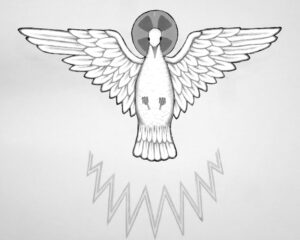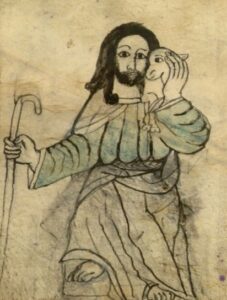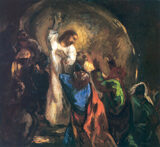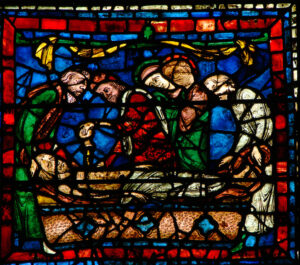Seventh Sunday of Easter
READINGS FOR THE COMING WEEK
- First reading
- Acts 1:15-17, 21-26
- Psalm
- Psalm 1
- Second reading
- 1 John 5:9-13
- Gospel
- John 17:6-19
OR IF ASCENSION IS OBSERVED:
- First reading
- Acts 1:15-17, 21-26
- Psalm
- Psalm 1
- Second reading
- 1 John 5:9-13
- Gospel
- John 17:6-19
Gospel Reading from John










